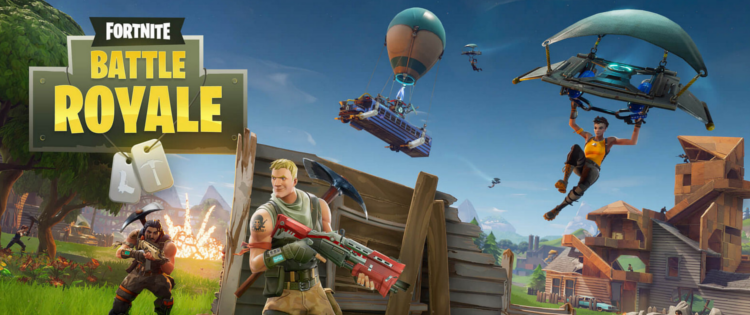
My 10-year-old is using a school tablet to access inappropriate content. What should I do?
My 10-year-old is using a school tablet to access inappropriate content. What should I do? https://mediatrics.com/wp-content/uploads/2015/10/TabletShareATM.png 750 315 Mediatrics Mediatrics https://mediatrics.com/wp-content/uploads/2015/10/TabletShareATM.pngQ: My ten-year-old daughter’s school has a new program where each student is paired with another to share a tablet. They switch off bringing the tablet home, but work on assignments in school together. I’m concerned that my daughter or her partner are using the tablet to search inappropriate topics online and even download (and then delete) social media apps. I took a brief look at the search history and found an entry for “shirtless guys” and “Snapchat download”. I confronted my daughter about it and she claimed it was her partner. She doesn’t want me to go to her teacher out of fear that her partner will get upset with her. I’m concerned that if her partner is looking at inappropriate web entries, my daughter will be exposed too. What should I do?
~ Partner Perils, NH
A: Dear Partner,
Many parents can relate to your confusing and frustrating situation when it comes to their children’s use of school technology. Your best ally in your effort to help your daughter use the tablet in healthy and safe ways is… your daughter. Her respect for herself and for others is what will protect her from harm. Online, as IRL (in real life), children will always go where they want to go. Technological blocks like software actually backfire because they make the sites they block into forbidden fruit, all the more tempting. The key here, as with her use of any media, is to educate and empower your daughter to take care of herself. The best software for protecting your daughter online is between her ears.
Sit down with your daughter and discuss what you found not as “bad” or “harmful”, but as a waste of her time. Help her respect herself enough to value her attention as much as those who want to sell her something (they pay big money for it). It doesn’t matter whether she or her partner went to those sites, the point is that it took away from their limited time with this powerful tool for learning. In terms of concerning content, ask her how she would feel about boys in her class looking up “shirtless girls”. She will be totally grossed out – at which point you explain to her that objectification of others diminishes both the viewer and the viewed, something to think about next time she or a friend consider going to such sites.
Your concerns about their use of the tablet should be communicated to your daughter’s teacher, not to “get her (or her partner) in trouble” but to let them know that the school needs to be more mindful of how their educational technology is being used in ways that distract from, rather than support learning. Just as children have first learned to read, then read to learn, so it must be with tablets and other educational technology. It is the school’s responsibility to teach them to use these tools safely and effectively first, then use them to learn.
Avoid talking about the content you found as “inappropriate”, as many parents and teachers have differing opinions about what is considered “appropriate” for children; if anyone thinks you are trying to censor what they see, it will change the subject to “freedom of expression” rather than “effective learning”. Encourage your daughter’s school to teach students how to responsibly use the tablets for learning. This includes teaching students about how to navigate the internet, establish the truthfulness of the resources they find, understand privacy and lack of privacy online, and how to function as responsible digital citizens, especially as they are sharing the tablets with a partner.
At home, I encourage you to maintain an open dialogue with your daughter. Be aware that she may not be sharing with you everything that she is doing on the tablet, and instead be pointing the finger at her partner for any activities she feels you will disapprove of. Reassure her that you respect her privacy and her right to take responsibility for herself. You want to support her, not judge her. Your goal is to keep her safe and healthy in school, at home and online. Explain that you do not see the internet as a dangerous place, but as a city, full of all sorts of people with all sorts of intentions. Offer yourself as a resource who has figured out, sometimes the hard way, how to negotiate many of the kinds of people and situations she has yet to confront.
Always keep in mind that what you are trying to accomplish is not to police her, but to educate and empower your daughter and her peers to use technology tools effectively, safely, and in ways that reflect who they are and who they want to be.
Enjoy your media, and use them wisely,



